Causes, Symptoms and Homeopathy Treatment of Uveitis
What is Uveitis or Crohn’s Disease?
IIeitis is also a part of Crohn’s disease, which is also known as Crohn syndrome and Regional enteritis. It is a type of inflammatory bowel disease (IBD) that may also affect any part of the gastrointestinal tract from mouth to one’s anus, especially the colon and ileum, associated with ulcers and fistulae.
Crohn’s disease can be both painful as well as debilitating, and sometimes may lead to life-threatening complications.
Causes of Crohn’s disease
The exact cause of Crohn’s disease does remain unknown. Previously, diet and stress were suspected, but now doctors know that these factors may indeed aggravate but do not cause Crohn’s disease.
A number of factors are involved such as heredity and malfunctioning of one’s immune system, that likely plays a role in its development.
Immune system – Usually, cells of the immune system to defend the body from harmful microbes — bacteria, viruses, fungi, as well as other foreign substances — that have entered it. Many microbes are helpful, especially for digestion. And so one’s immune system does leave them alone.
If there is an invader that needs to be eliminated, one’s body’s defense reaction begins. This immune system response does cause inflammation. Immune system cells, chemicals, as well as fluids flood to the site to overcome the offending substance. After the substance has been disabled or even removed, the immune response ends. Then the inflammation subsides.
For some reason or the other, people with Crohn’s disease do have an immune system that does react inappropriately. The immune system may be defending one’s body against helpful microbes by mistake. Or, perhaps for some other reason, the inflammatory response simply will not stop. Either way, over time, this chronic inflammation in one’s digestive system can indeed result in ulcers as well as other injuries to the intestines.
Hereditary:
Crohn’s has a rather genetic component. On account of this, siblings of known people with Crohn’s are 30 times more likely to develop Crohn’s than the general population.
Environmental factors:
Environmental factors may also contribute to Crohn’s disease in one of these two ways:
- They may trigger an immune system response. Once started, the response cannot really stop.
- They may directly also damage the lining of the intestines. This may cause Crohn’s disease to begin or to speed up.
Crohn’s is associated with an increased intake of animal protein, milk protein as well as an increased ratio of omega-6 to omega-3 polyunsaturated fatty acids. Those who do consume vegetable proteins do appear to have a lower incidence of Crohn’s disease. Stress is sometimes claimed to exacerbate Crohn’s disease.
Symptoms of Crohn’s Disease
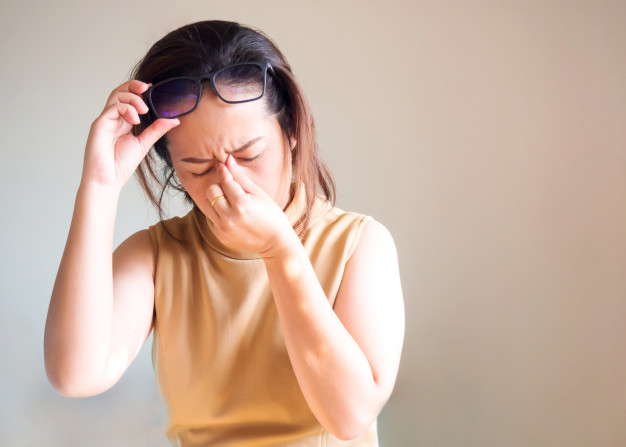 Signs and symptoms of Crohn’s disease
Signs and symptoms of Crohn’s disease
Symptoms can rather range from mild to severe. They usually do develop gradually, but sometimes will appear suddenly, without warning. One may experience periods of time when there are no signs or symptoms (remission).
Main symptoms of Crohn’s disease
Belly pain.
The pain often is described as cramping and intermittent, and the belly may be sore when touched. Belly pain may indeed turn to a dull, constant ache as the condition gets worse.
Diarrhea.
Some people may suffer from diarrhea 10 to 20 times a day. They may wake up at night and need to go to the bathroom.
Blood in one’s stools:
Crohn’s disease may also cause blood in stools, but not always. One might notice bright red blood in the toilet bowl or darker blood mixed with one’s stool. One can also have bleeding one does not see (occult blood).
Loss of appetite:
Abdominal pain, as well as cramping and the inflammatory reaction in the wall of one’s bowel, can also affect both one’s appetite and one’s ability to digest as well as absorb food.
Mouth ulcers
Fever: In severe cases, fever or other symptoms that affect the entire body may develop likely due to inflammation or infection. You may also feel tired or have low energy.
Weight loss.
Anaemia Some people with Crohn’s disease can develop anemia due to low iron levels caused by bloody stools or the intestinal inflammation itself.
Small tears in the anus (anal fissures)
People with severe Crohn’s disease may also experience:
• Inflammation of skin, eyes cum joints
• Inflammation of the liver or even bile ducts
• Delayed growth or sexual development among children
Complications of Crohn’s disease
- Crohn’s disease may also lead to one or more of the following complications:
- Scarring and narrowing (stenosis), or may even spread through the bowel wall (fistula).
- Bowel obstruction: Crohn’s disease affects the thickness of one’s intestinal wall. Over a period of time, parts of the bowel can also thicken and narrow, which may, in fact, block the flow of digestive contents.
- Chronic inflammation can also lead to open sores (ulcers) anywhere in your digestive tract, including your mouth and anus, and in the genital area (perineum).
- Sometimes ulcers can also extend completely through the intestinal wall, creating a fistula — an abnormal connection between different body parts. Fistulas can also develop between one’s intestine and skin, or between one’s intestine and another organ. Fistulas near or around the anal area (perianal) are the most common kind.
- Anal fissure: This is a small tear in the tissue that lines the anus or in the skin around the anus where infections can also occur and cause a painful bowel movement.
- Diarrhea, abdominal pain as well as cramping may make it difficult for one to eat or for one’s intestine to absorb enough nutrients to keep one nourished.
- Colon cancer: Having Crohn’s disease that does affect one’s colon increases one’s risk of colon cancer.
- Other health problems: Among these problems as anemia, osteoporosis, and gallbladder or liver disease.
Diagnosis:
the -A variety of diagnostic procedures and lab tests are made use of to distinguish Crohn’s disease from other inflammatory gastrointestinal conditions –
- Colonoscopy or sigmoidoscopy to obtain bowel tissue for analysis.
- Blood tests, including blood counts (often high white blood cell counts — a sign of inflammation — and low red blood counts — a sign of anemia from blood loss — are present).
- Stool samples to rule out infections as the cause of diarrhea.
- Imaging techniques (such as a CT scan or MRI) of both the upper and lower gastrointestinal tract may, in fact, be ordered as well to confirm the location of the existing inflammation.
Treatment of Crohn’s disease
The main Homeopathy treatment in Hyderabad for Crohn’s disease is a medicine that can stop the inflammation in the intestine and medicine to prevent flare-ups and keep one in remission. A few people have severe, long-lasting symptoms or complications that may indeed require a stronger medicine, a combination of medicines, or surgery. The type of treatment one needs depends on the type of symptoms one may have and how bad they are.
Aminosalicylates (asa):
e.g. sulfasalazine. These work at the level of gastrointestinal lining and do reduce inflammation.
Corticosteroids:
They non-specifically do suppress the immune system and are used to treat moderate to severe episodes.
Antibiotics:-
Antibiotics may be used when infections—such as abscesses—occur in Crohn’s disease. They can also be helpful with fistulas around one’s anal canal as well as the vagina.
Immunomodulators:-
These medications modulate or suppress the body’s immune system response so it cannot cause ongoing inflammation. Immunomodulators may also take several months to begin working.
Surgery for Crohn’s disease
• Proctocolectomy and ileostomy
• Bowel resection
• Intestinal transplant.
Homeopathy Medicines for Crohn’s Disease
Mercurius Corrosivus
- Stomach: Incessant, green, bilious vomiting. Epigastrium is very sensitive.
- Abdomen: Bruised sensation; cecal region as well as transverse colon painful. Bloated; very painful to least touch.
- Stool: Dysentery; tenesmus, not relieved by stool; incessant. Stool hot, bloody, slimy, as well as offensive, with cutting pains and shreds of the mucous membrane.
Bryonia
- Stomach: Nausea and faintness when rising up. Abnormal hunger, loss of taste. Thirst for large draughts. Vomiting of bile as well as the water immediately after eating. Worse, warm drinks, which are vomited. Stomach sensitive to touch. Pressure in stomach after eating, as of a stone. Soreness in one’s stomach when coughing. Dyspeptic ailments during the summer heat. Sensitiveness of epigastrium to touch.
- Abdomen: Burning pain, stitches; worse, pressure, coughing, breathing. Tenderness of one’s abdominal walls.
- Stool: Constipation; stools hard, dry, as if burnt; seem too large. Stools brown, thick, bloody; worse in the morning, from moving, in hot weather, after being rather heated, from cold drinks, every spell of hot weather.
Podophyllum
- It affects mainly the duodenum, small intestines, liver, and rectum. Gastro-enteritis with colicky pain as well as bilious vomiting. Stool is
- Rather watery with jelly-like mucus, painless, profuse. Gushing cum offensive.
- Stomach: Hot, sour belching; nausea and vomiting. Thirst for large quantities of cold water. Vomiting of hot, frothy mucus. Heartburn; gagging or empty retching. Vomiting of milk.
- Abdomen: Distended; heat as well as emptiness. The sensation of weakness or sinking. Can lay comfortably only one’s stomach. Rumbling as well as shifting of flatus in ascending colon.
- Rectum: Diarrhea of long standing; early in morning hours, with hot, glowing cheeks while having a bath or being washed; in hot weather after acid fruits. Morning, painless diarrhea when not due to venous stasis or intestinal ulceration. Green, watery, fetid, profuse, gushing. Prolapse of rectum before or with stool. Constipation; clay-colored, hard, dry, difficult. Constipation alternating with diarrhea. Internal and external piles.

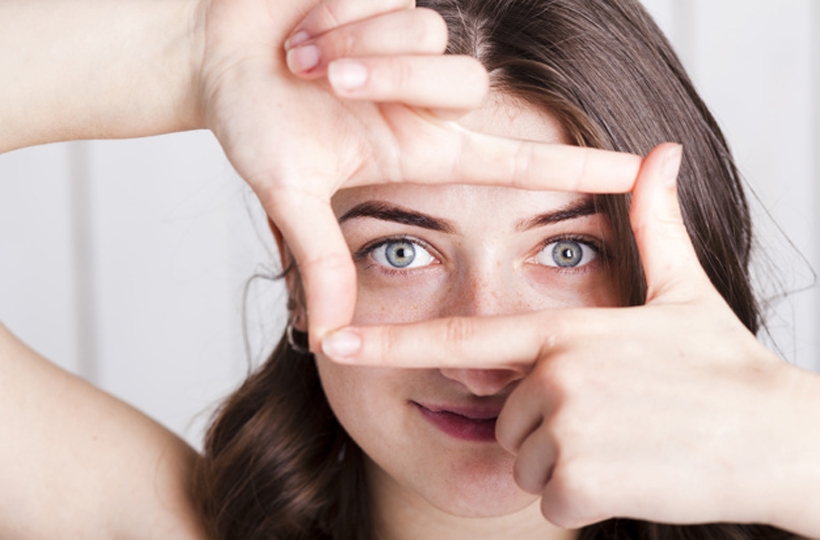

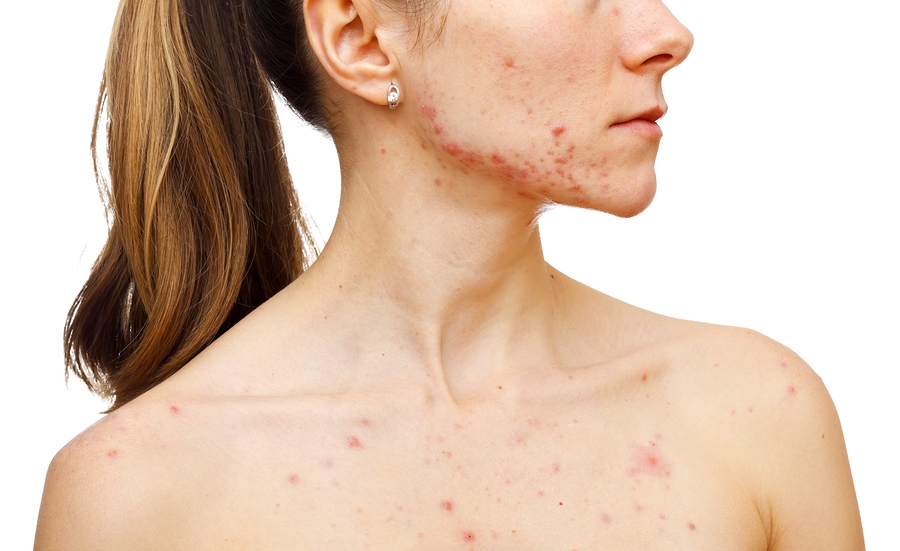

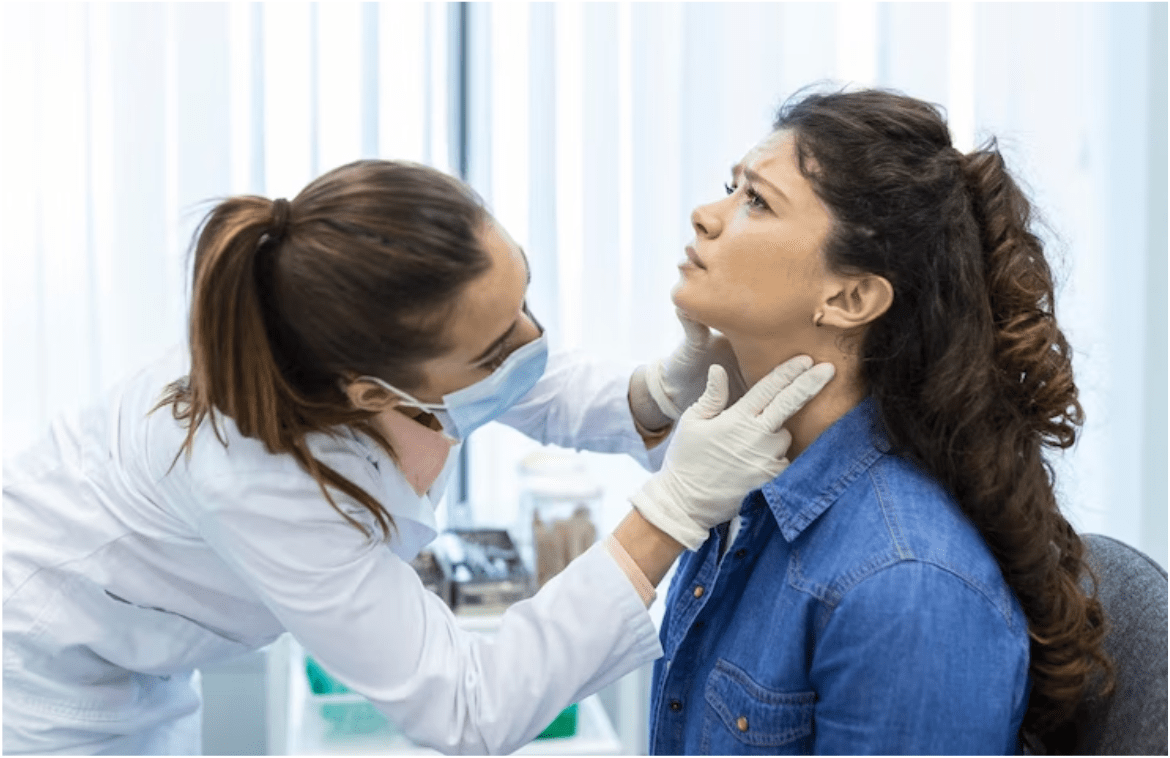


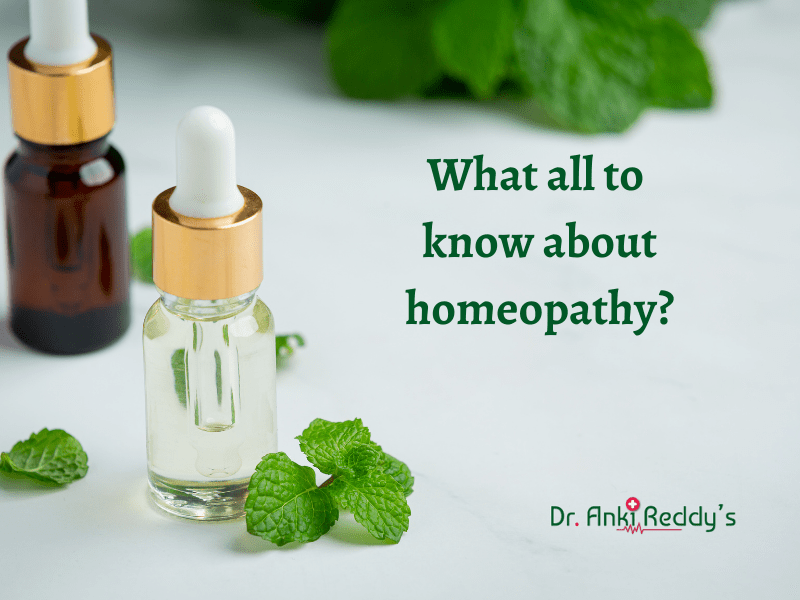
There are no comments